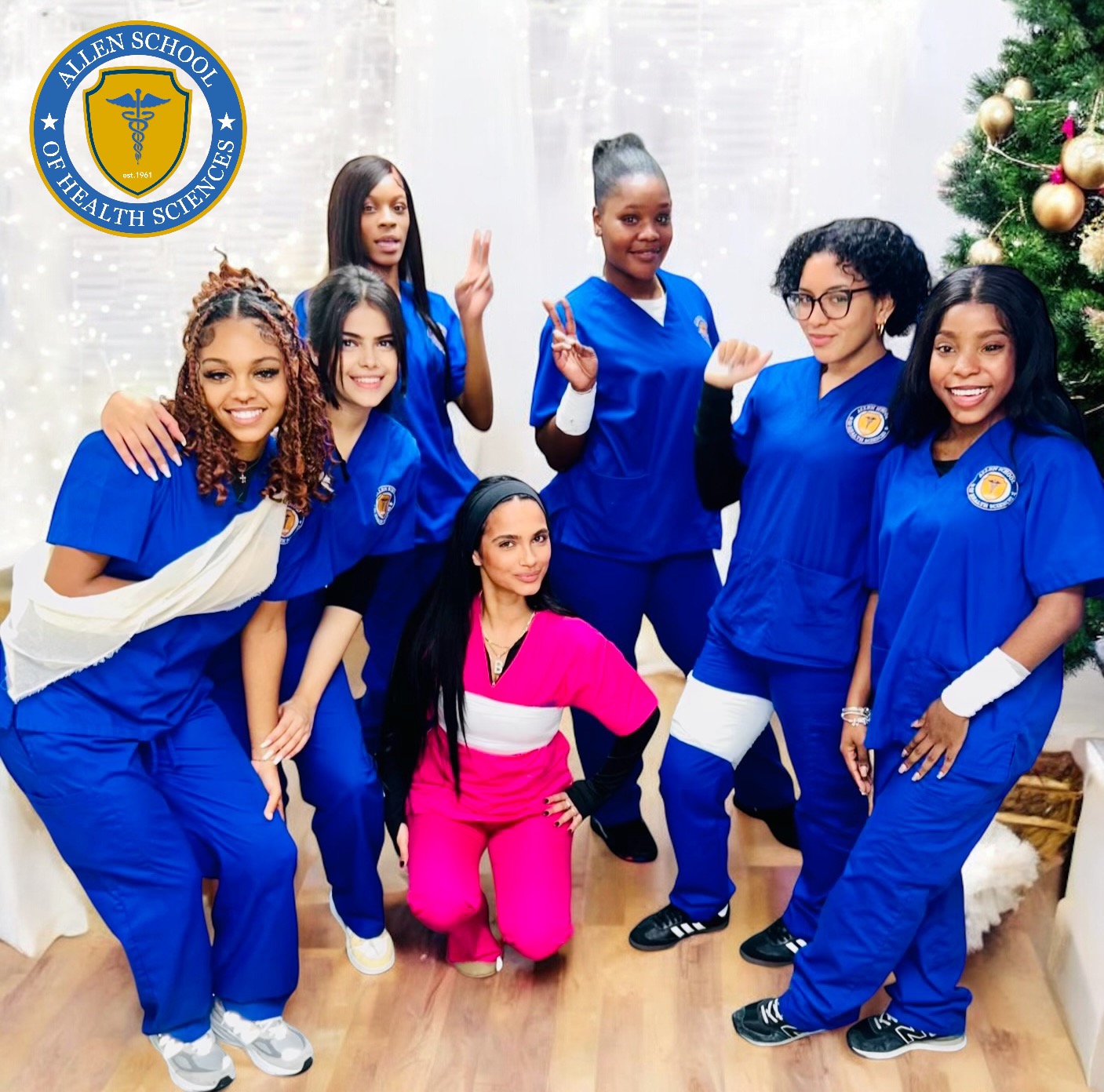
Building strong relationships with healthcare team members is crucial for medical assistants for several reasons. These relationships not only enhance the work environment but also directly impact patient care and overall healthcare outcomes. Here are some key reasons why these relationships are important:
Improved Patient Care:
- Team Cohesion: Strong relationships foster a collaborative atmosphere where team members work together effectively. This collaboration leads to better communication, shared knowledge, and coordinated care, ultimately benefiting patients.
- Holistic Approach: When medical assistants build rapport with doctors, nurses, and other healthcare professionals, they can better understand the holistic needs of patients and contribute to comprehensive care plans.
Enhanced Communication:
- Clear Information Exchange: Good relationships facilitate open lines of communication, allowing team members to share important patient information, updates, and concerns promptly and accurately.
- Reduction of Misunderstandings: Strong relationships reduce the likelihood of miscommunication and misunderstandings among team members, which can lead to errors in patient care.
Increased Efficiency:
- Streamlined Processes: A solid rapport among team members can lead to more effective workflows and processes, making it easier to manage tasks and responsibilities.
- Problem Solving: When challenges arise, a supportive team can work together to find solutions more quickly, resulting in less downtime and improved patient service.
Support and Mentorship:
- Peer Support: Building relationships allows medical assistants to seek advice, support, and mentorship from more experienced colleagues. This can enhance their skills and confidence in their roles.
- Emotional Support: Healthcare can be emotionally challenging. Strong relationships provide a support system where team members can share experiences and cope with the stresses of the job.
Professional Development:
- Networking Opportunities: Strong relationships can lead to opportunities for networking and career advancement. Colleagues may recommend medical assistants for promotions or help them find new job opportunities.
- Skill Sharing: Through relationships with other team members, medical assistants can learn new skills and best practices, which can enhance their professional development.
Positive Work Environment:
- Job Satisfaction: A collaborative and supportive work environment contributes to higher job satisfaction among team members, leading to lower turnover rates and a more stable workforce.
- Employee Morale: Strong relationships can boost employee morale, making the workplace more enjoyable and motivating for everyone involved.
Patient Satisfaction:
- Better Patient Experience: When healthcare team members work well together, patients often notice a smoother, more cohesive experience during their visits. This can lead to higher patient satisfaction and loyalty.
- Trust Building: Patients are more likely to trust a healthcare team that demonstrates strong collaboration and communication, which can encourage them to engage more actively in their health care.
For medical assistants, building strong relationships with healthcare team members is essential for fostering a positive work environment, enhancing patient care, and promoting professional growth. These relationships contribute not only to the individual success of medical assistants but also to the effectiveness and efficiency of the entire healthcare team. By prioritizing teamwork and collaboration, medical assistants can play a vital role in creating a culture of excellence in patient care. As 2024 ends, where do you see yourself in the new year? If you are looking to learn more about the Allen School and our medical assistant program, contact us today! Don’t let another year go by without your new career in healthcare. Visit www.allenschool.edu
